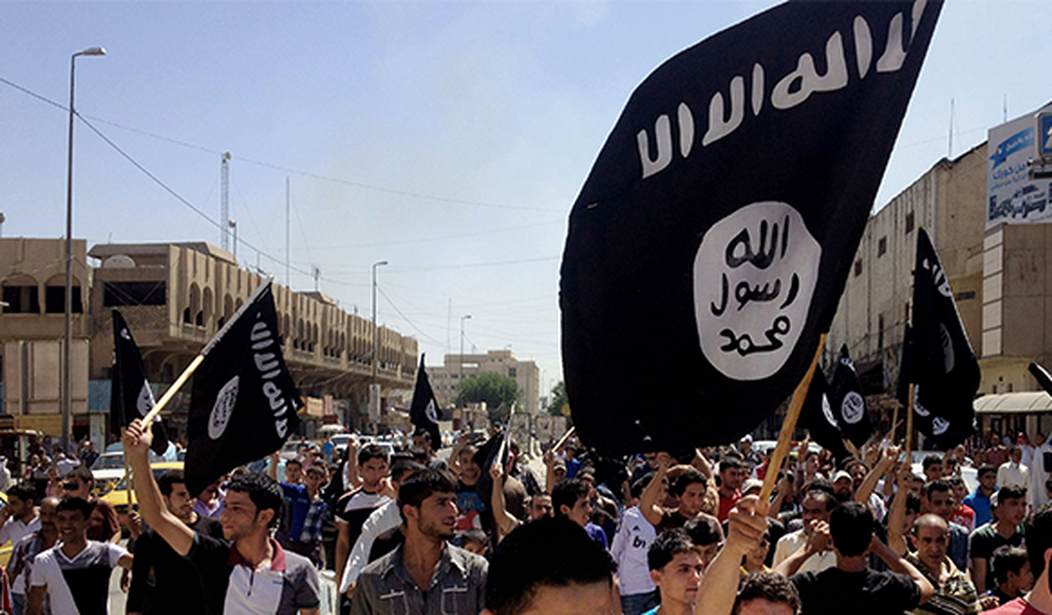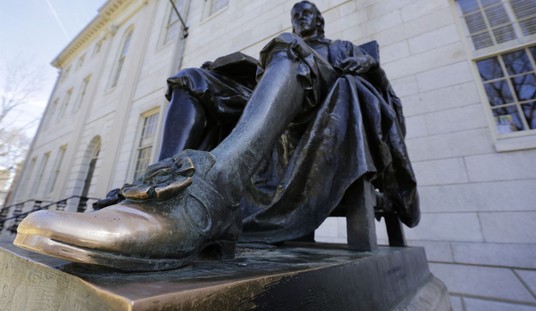The Islamic State had not been in the news much over the past few years. But the chaotic U.S. withdrawal from Afghanistan has brought the terrorist group back into the forefront. However, this latest iteration is slightly different.
A couple of weeks ago, the White House warned about the emergence of an organization called Islamic State Khorasan Province, also known as ISIS-K or ISIS-KP. However, the group made its presence known after it conducted two suicide bombings at the airport in Kabul, killing over 100 people including 13 American soldiers.
ISIS-K is an Afghan affiliate of the overall Islamic State. The group was founded in 2015 and adheres to a more extreme form of Islam than even the Taliban, which has been at odds with the organization. A report from the Center for Strategic and International Studies explained that ISIS-K “disregards international borders” and “envisions its territory transcending nation-states like Afghanistan and Pakistan.”
The New York Times reported:
After the American invasion of Iraq in 2003, a branch of Al Qaeda broke away and established a so-called caliphate, an Islamic theocracy, in large parts of Iraq and Syria. At its peak, the territory was the size of Britain. That breakaway faction, called the Islamic State, or ISIS, was savvier about social media than Al Qaeda, which recorded long, crudely made videos, sometimes from its cave hide-outs. ISIS also appealed to a younger generation of fighters, in part by promising immediate glory and rewards for those willing to fight its enemies.
The terrorist group announced in 2015 that it would be expanding into the Khorasan region. This area includes Afghanistan, Pakistan, and ISIS.
ISIS-K has tangled with American military forces and attacked its allies and also civilians. However, this particular sect of the Islamic State has distinguished itself by fighting with other radical Islamic extremist organizations. Indeed, among the casualties in the Kabul attack, 28 were Taliban operatives. The group is currently contending with the Taliban for territory in Afghanistan. Indeed, now that the Taliban has taken control of the country, the two groups will likely intensify hostilities.
Hafiz Saeed Khan was named the first leader of ISIS-K in 2015 after becoming one of six Taliban leaders to leave the organization. He was killed in a 2016 U.S. drone strike in Afghanistan. The organization has continued recruiting from disaffected terrorists working with other extremist groups. A U.N. Monitoring Team issued a report which explained:
It remains active and dangerous, particularly if it is able, by positioning itself as the sole pure rejectionist group in Afghanistan, to recruit disaffected Taliban and other militants to swell its ranks.
ISIS-K is “believed to still have sleeper cells in cities such as Kabul and Jalalabad,” according to a 2020 report from the Institute for Economics and Peace.
The group has been more active in 2021 than in previous years. In 2020, it carried out 21 attacks, but this year, it has launched 77 attacks so far. It is “believed to be behind the May bombing that killed 90 people and wounded nearly 150 at a girls’ high school in Kabul,” according to The Hill. It is known as one of the most dangerous terrorist organizations in the world.
The U.S. State Department issued a report also noting how active the group has been. In 2018, it accounted for 110 incidents and 1,324 deaths in Afghanistan and Pakistan. Most of the incidents involved suicide bombings.
The Hill also noted:
Even before its height in 2018, the group claimed responsibility for thousands of deaths; multiple ISIS-K bombings targeting civilians at a Shi’ite cultural center and news agency in Kabul claimed 41 lives, and as early as April 2015, ISIS-K was behind a bombing at a bank in Jalalabad, Afghanistan that resulted in at least 30 deaths.
To put it simply, ISIS-K has exceeded many other terrorist groups in terms of brutality, and it will prove a deadly foe for the Taliban. However, with the backing of Pakistan and al-Qaeda, it does not appear that ISIS-K will be able to topple the new regime anytime soon. However, they will continue being a major player in the politics of the region in the years to come.














